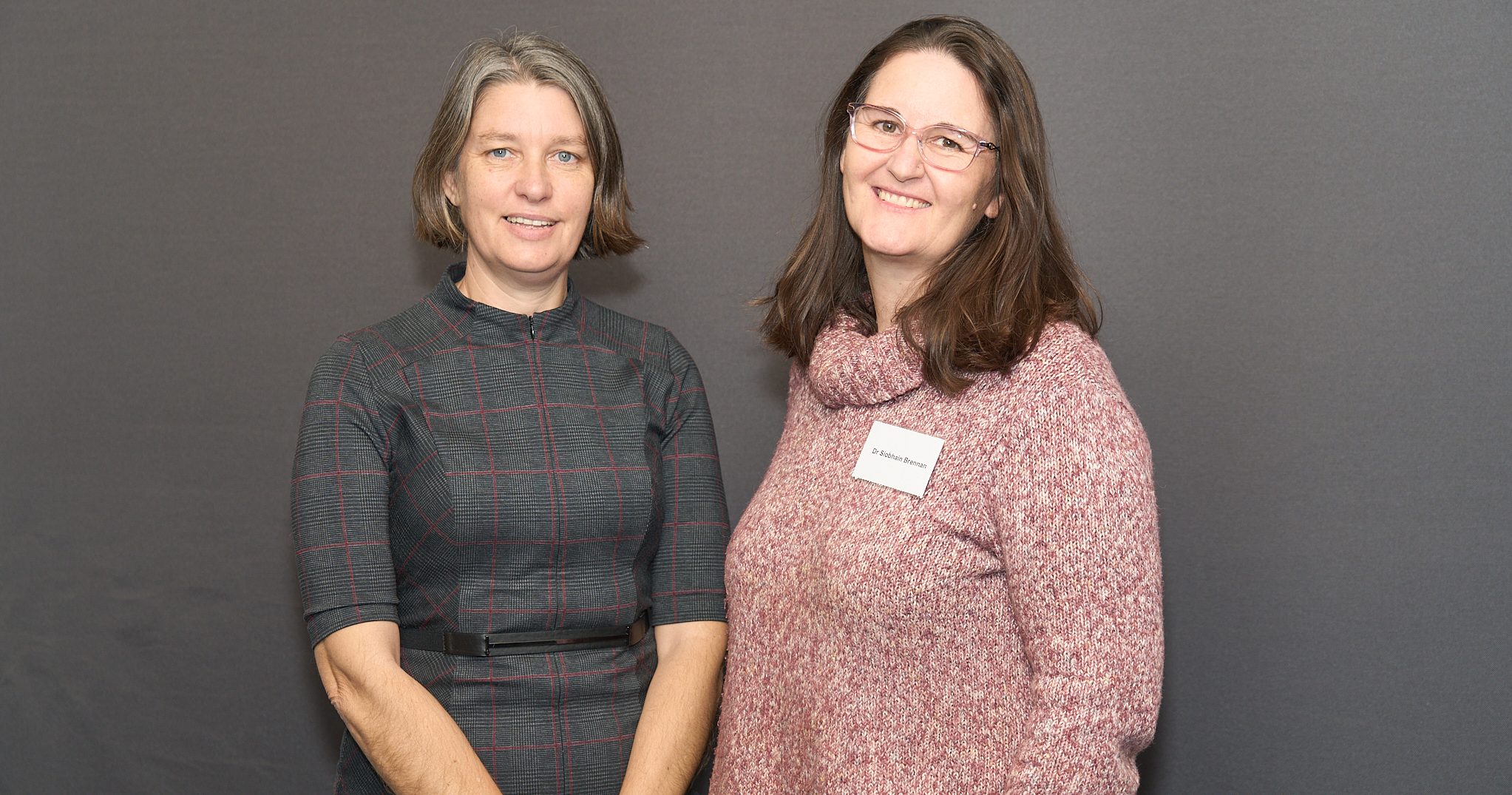

News

AMA (WA) member champions home-based palliative care
Friday July 12, 2024
In a bid to enhance the delivery of in-home palliative care, in-home care specialist Silverchain recently hosted an event from their “Silver Learnings” series centred on how best to support patients to achieve their wish to die at home. The session, which took place in late June at Bentley Technology Park, brought together a diverse group of health professionals, including GPs, specialist doctors, and nurses.
Led by Silverchain Medical Director for Palliative Care in WA, Dr Fiona Findlay (pictured left), and AMA (WA) member and Silverchain GP Liaison Dr Siobhain Brennan (pictured right), the event gave attendees insights into Silverchain’s home-based specialist palliative care service, providing various case studies on client care and experiences.
During the session, Dr Findlay and Dr Brennan discussed the importance of early and open conversations among family members during the transition to palliative care.
“To be able to die at home in as calm of an environment as possible requires early conversations, honesty, communication, and acknowledgement of uncertainty,” Dr Findlay said.
Dr Brennan highlighted the critical role of continuity of care across community services and primary care in improving patient outcomes.
“Evidence promoted by the RACGP supports the importance of continuity of care for reducing hospitalisations, increased adherence to treatment, and higher levels of patient satisfaction,” Dr Brennan said.
The session also addressed essential topics such as preparing patients and their families for palliative care, understanding system supports and symptom control, available services and resources, and optimal referral pathways.
End-of-life palliative care is an important part of medical practice. While 70% of Australians want to die at home, only 14% achieve this nationally. However, in Western Australia, Silverchain, in partnership with the state government, enables 60% of its clients to fulfil this wish.
If you’d like to learn more about their palliative care work and other similar professional development sessions, visit the Silverchain website.

